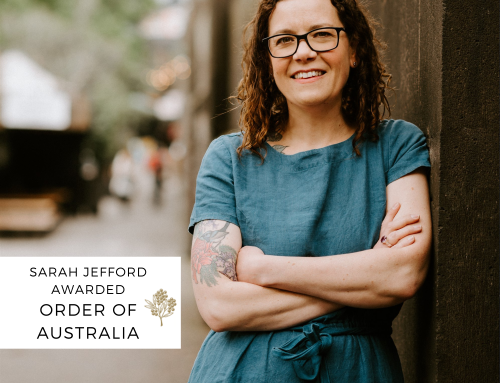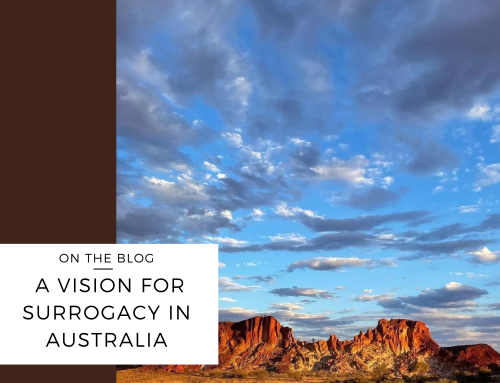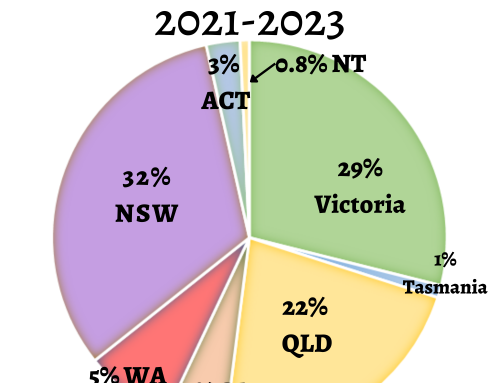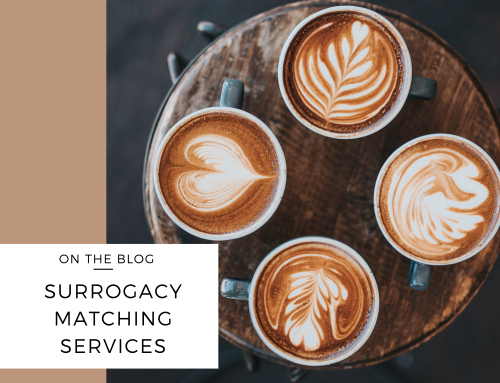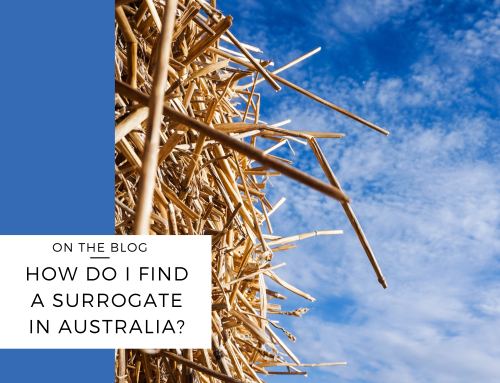Why are surrogacy agreements not like contracts?
A surrogacy agreement is not the same as a commercial contract. The elements of a basic contract include (1) an offer, (2) acceptance, (3) consideration (usually money) and (4) an intention to create a legal relationship. For example, you offer to buy a car for $10,000. The owner of the car accepts your offer; you provide $10,000 as payment (consideration), in return for the car. Both you and the owner of the car enter into a legal relationship to exchange money for the car.
In altruistic surrogacy arrangements, the surrogate and her partner offer to carry a baby for another person or couple, and the intended parents accept. But there’s no real consideration. The intended parents might get a baby, and the surrogate can expect to have her expenses covered. All going well, the surrogate is rewarded for her good deed with lots of love and an ongoing relationship with the child and their parents. And while the parties might intend to enter a legal relationship, the fact is that surrogacy agreements in Australia are not enforceable, other than to ensure the surrogate’s expenses are covered.
So if an altruistic surrogacy agreement is not like a contract, why do some lawyers write them as if they are?
In most States, a written Agreement is required as evidence of the arrangement, and is a prerequisite for a Parentage Order.
Some Agreements, particularly ones that look like contracts, are often based on overseas commercial surrogacy arrangements. Remember, this is an altruistic arrangement, and writing an Agreement like a commercial contract will undermine the trust and goodwill between the parties. Things that should not be a Surrogacy Agreement include:
- Elements that are too prescriptive, such as listing the way the surrogate should or should not behave, or what she can and cannot eat. Many surrogates agree not to drink alcohol during pregnancy; having it in writing does not make it more enforceable but it may serve to make her feel like she’s being micro-managed. I have unfortunately seen some Agreements that contain long lists of things the surrogate can or cannot do, including not drinking caffeine, not using hairspray, not engaging in sexual intercourse, not engaging in certain so-called ‘risky’ activities. My question to the parties in these cases is this: if the intended parents can’t trust the surrogate to carry their baby without giving her a written list of things she cannot do, why are they trusting her to carry their baby at all?
. - Any clause that provides for the surrogate to repay the intended parents if she has a miscarriage due to ‘wanton recklessness’. My clients always find these clauses upsetting and offensive. If you are worried that your surrogate might be reckless or negligent during pregnancy, you should discuss that during counselling and ask whether you can trust her at all. Trust is a crucial element of an altruistic surrogacy arrangement. Even if a surrogate were to miscarry and there was evidence that she was ‘reckless,’ it is unlikely that any court would order her to reimburse the intended parents for expenses. Remember that the surrogate maintains bodily autonomy and that pregnancy termination is legal in most Australian States.
Surrogacy arrangements are, by their nature, legal arrangements and that’s why lawyers are inevitably involved. But in my experience, lawyers should be a positive influence on the process – helping you understand the consequences of entering the arrangement, and your rights and responsibilities. The relationships, must outlast any legal process, and the involvement of lawyers. You can set yourself up for a positive experience and a long-lasting relationship by establishing expectations and reaching agreements beforehand.
My final piece of advice, therefore, is to focus on the relationship and trust building, and the surrogacy counselling, to ensure you have a positive experience. Because at the end of the day, it won’t matter what is written in an Agreement; it is the relationships that are important.
Remember, all parties need to obtain independent legal advice, and nothing here should be seen to replace independent legal advice. If you have questions or need assistance, get in touch with me via the links.
You can find more information in the free Surrogacy Handbook, and by listening to the Surrogacy Podcast. You can also book in for a consult with me below.
You can also purchase my book, More Than Just a Baby: A Guide to Surrogacy for Intended Parents and Surrogates, either in paperback or electronic versions.




